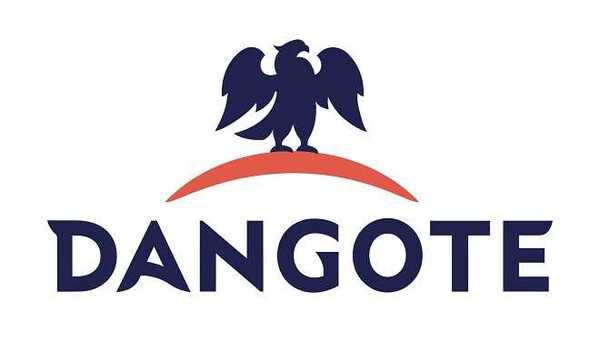Dangote changes strategy on rice, sugarcane, delves into dairy farming
The Dangote Group, one of the country’s biggest investment holdings, is changing its strategies regarding group investment in rice and sugarcane production and processing in the country. The group had acquired thousands of hectares across major rice and sugarcane producing belts for production and processing but that plan has changed to only processing. Engr. Mansur […]

The Dangote Group, one of the country’s biggest investment holdings, is changing its strategies regarding group investment in rice and sugarcane production and processing in the country.
The group had acquired thousands of hectares across major rice and sugarcane producing belts for production and processing but that plan has changed to only processing.
Engr. Mansur Ahmed, the Group Executive Director, Government and Strategic Relations of the group, said the change in strategy had become necessary because of the several issues involved in places where they had acquired land.
Processing, not production
Speaking at the African Development Bank (AfDB) Investment Forum for the New Special Agro-Processing Zones in Abuja on Tuesday, Engr. Ahmed explained further why the group changed plans to also adopt the Anchor Borrower Programme (ABP) approach rather than going into the production.
“To be honest, we initially planned to go into large-scale farming but we found that it is not practicable at the moment. We acquired 12,000 hectares in Jigawa State about four years ago and when we wanted to move in our tech, we found that there are about 15,000 farmers and their families occupying that land and it is simply not possible to move them out of it, so we have to engage these same farmers in an out-growers scheme.
“Honestly, our finding is that today, the average land ownership by individual farmers is probably about half a hectare and so if you want 20,000 hectares, you really have to engage a large number of people. So that requires a fresh approach to actually working with the farmers. We have to find the way to organise the farmers. We have had some successes, but I think the issue needs to be discussed and an effective organisational framework for engaging larger farmers with the small scale farmers,” he said.
With the new approach, the group is constructing about six large-scale industrial processing mills, each with about 250,000 tonnes per annum capacity, in six states: Jigawa, Zamfara, Sokoto, Kebbi, Niger, Kano and hopefully in Nasarawa.
“The intention here is to basically create a sort of similar anchor borrower, an arrangement where we engage out-growers,” Engr. Ahmed added.
To process tomato in Katsina
In Katsina State, the group has acquired the state-owned Songhai project and is establishing tomato production and processing facilities.
“We are also going into tomato processing and we have acquired land in Katsina and the same kind of problem came up, so we don’t have to move anybody. We have started with 4,000 hectares for the tomato,” he said.
“In Katsina, where we are proposing to start tomato processing, we have taken over a facility called Songhai Katsina, which was owned by the state government and used as an agric skill development centre, but because of the difficulties of the state government to sustain operations, we are taking over to convert it to an agribusiness development centre: seed development and multiplication for training and skill development and all sort of trials. This fully should be on stream by the end of this year, the process has already started,” the director hinted.
To milk billions from cows
Apart from tomato, sugar and rice, the director hinted of a new agro-investment. This time, the multinational group is considering the N500bn the country spends on dairy products import annually.
“We are also planning to go into dairy farming. As the minister said, we are spending huge sums of money importing powdered milk annually, this is simply unacceptable. So we are going into large-scale dairy farming,” Dr. Ahmed told his co-investors.
